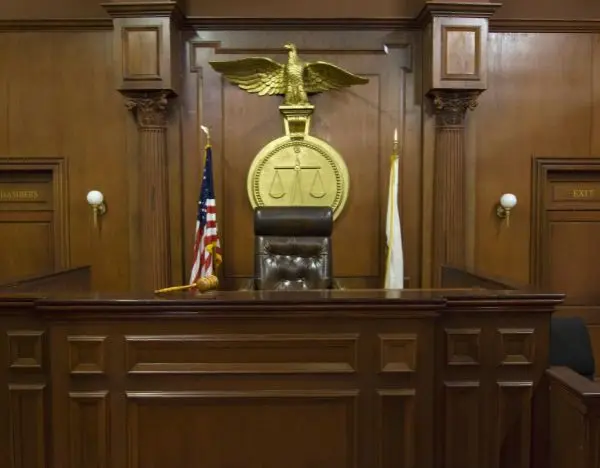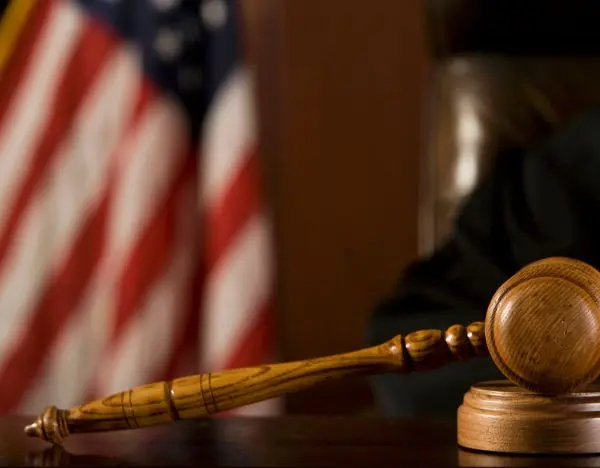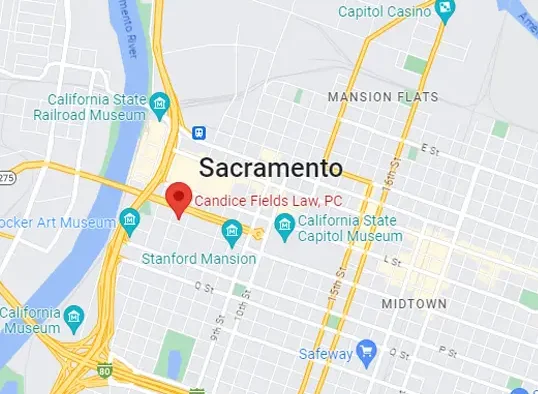Can Charges Be Dropped After Indictment?

Can charges be dropped after an indictment? In the complex world of criminal law, one question that often arises is whether charges can be dropped after an indictment has been issued. This is a crucial concern for many individuals facing criminal charges, as the possibility of having charges dismissed can significantly impact the course of their case. In this blog post, we'll explore the circumstances under which charges can be dropped after indictment and the factors that come into play in such situations.
Need legal assistance?
What is an Indictment?
Before delving into whether charges can be dropped after an indictment, it's essential to understand what an indictment is and its role in the criminal justice process. An indictment is a formal accusation of a crime, typically issued by a grand jury. It marks a significant step in criminal proceedings, indicating that the prosecution believes there is sufficient evidence to bring a case to trial.
When a person is indicted, it means that the grand jury has found probable cause to believe that the accused has committed a crime. However, it's crucial to remember that an indictment is not a finding of guilt – it is merely a determination that there is enough evidence to proceed with a trial.
Can Charges Be Dropped After Indictment?

The short answer is yes; charges can be dropped after indictment. However, the process becomes more complicated once an indictment has been issued. There are several ways in which charges might be dropped or dismissed after an indictment.
Prosecutorial Discretion
One of the primary ways charges can be dropped after indictment is through prosecutorial discretion. The prosecutor has the authority to decide whether to pursue or drop charges at various stages of the criminal justice process, including after an indictment has been issued.
Prosecutors may choose to drop charges for a variety of reasons:
- New evidence comes to light that weakens the case
- Witnesses become unavailable or uncooperative
- Resources are limited, and the prosecutor decides to prioritize other cases
- The prosecutor determines that pursuing the case is not in the interest of justice
It's important to note that while prosecutors have this discretion, they typically exercise it cautiously, especially after an indictment has been obtained. The decision to seek an indictment is not taken lightly, and prosecutors generally believe they have a strong case before proceeding to this stage.
Lack of Evidence
Even after an indictment, if it becomes apparent that there is insufficient evidence to prove the charges beyond a reasonable doubt, the prosecution may choose to drop the charges. This could happen if:
- Key evidence is ruled inadmissible by the court
- Further investigation reveals flaws in the evidence
- Witness testimony becomes unreliable or contradictory
In such cases, a federal criminal defense lawyer may be able to convince the prosecution that their case is not strong enough to proceed to trial, potentially leading to dropped charges.
Constitutional Violations
If it can be demonstrated that law enforcement or prosecutors violated the defendant's constitutional rights during the investigation or arrest, this could lead to charges being dropped. Some examples of constitutional violations that might result in dropped charges include:
- Illegal search and seizure
- Miranda rights violations
- Due process violations
- Speedy trial violations
A skilled lawyer near me will carefully examine all aspects of the case to identify potential constitutional violations that could result in the dismissal of charges.
Plea Bargains
While plea bargains don't necessarily result in charges being completely dropped, they can lead to some charges being dismissed in exchange for a guilty plea to lesser charges. In federal cases, plea bargaining often involves negotiations between the defense attorney and the prosecutor.
Through effective negotiation, a criminal defense lawyer may be able to secure a plea deal that involves dropping some of the more serious charges in exchange for a plea to less severe offenses. This can result in a more favorable outcome for the defendant, potentially reducing penalties and long-term consequences.
Pre-Trial Motions
The defense can file Various pre-trial motions that, if successful, could lead to charges being dropped. Some examples include:
- Motion to Dismiss: This motion argues that legal or factual issues invalidate the case.
- Motion to Suppress Evidence: This motion seeks to exclude key evidence obtained illegally from trial.
- Motion for Bill of Particulars: This motion requests more specific information about the charges, which could reveal weaknesses in the prosecution's case.
A criminal defense law firm will assess which pre-trial motions are appropriate for each case and use them strategically to challenge the prosecution's case.
Factors Influencing Whether Charges Can Be Dropped After Indictment
Several factors can influence the likelihood of charges being dropped after an indictment:
- Strength of the Evidence: If the evidence against the defendant is weak or circumstantial, there may be a greater chance of charges being dropped.
- Nature of the Alleged Crime: Some types of crimes may be more likely to see charges dropped than others, depending on prosecutorial priorities and public interest.
- Defendant's Criminal History: A clean record might make prosecutors more amenable to dropping charges in certain circumstances.
- Cooperation with Authorities: Sometimes, a defendant's willingness to cooperate with authorities or provide valuable information may influence the decision to drop charges.
- Public Interest: High-profile cases or those involving significant public interest may face additional scrutiny, potentially affecting the likelihood of charges being dropped.
- Resources and Caseload: Prosecutors dealing with resource constraints or a heavy caseload may be more willing to drop charges in less severe cases.
- Quality of Legal Representation: Having a skilled federal criminal defense lawyer who can effectively negotiate with prosecutors and identify weaknesses in the case can significantly impact the possibility of charges being dropped.
How a State Criminal Defense Lawyer Can Help
Here's how we can assist you if you're facing federal charges post-indictment:
Thorough Case Evaluation
We conduct a comprehensive review of your case, examining all evidence, witness statements, and procedural details. This allows us to identify potential weaknesses in the prosecution's case and develop a strong defense strategy.
Constitutional Rights Protection
Our criminal defense attorneys are well-versed in constitutional law and will scrutinize every aspect of your case to ensure your rights were not violated during the investigation, arrest, or charging process. If we uncover any constitutional violations, we'll leverage this information to potentially suppress evidence or dismiss charges.
Negotiation with Prosecutors
We have extensive experience negotiating with federal prosecutors. We can discuss reducing or dropping charges, often before the case goes to trial. Understanding prosecutorial priorities and federal sentencing guidelines allows us to craft compelling arguments for charge dismissal or reduction.
Strategic Pre-Trial Motions
Our criminal defense attorneys are skilled in drafting and arguing pre-trial motions that can significantly impact your case. Whether it's a motion to dismiss based on legal grounds, a motion to suppress evidence or a motion for a bill of particulars, we use these tools strategically to challenge the prosecution's case.
Investigation and Evidence Gathering
We don't rely solely on the evidence provided by the prosecution. Our firm conducts independent investigations, often uncovering new evidence or witnesses that can strengthen your defense and potentially lead to charges being dropped.
Plea Bargain Negotiations
If appropriate for your situation, our skilled defense attorney can negotiate plea bargains that may result in certain charges being dropped in exchange for a plea to lesser charges. Our goal is always to minimize the potential consequences you face.
Trial Preparation and Representation
If your case proceeds to trial, we provide aggressive courtroom representation. Our trial experience in federal courts allows us to effectively challenge the prosecution's case and present a compelling defense.
Ongoing Communication and Support
We believe in keeping our clients informed and involved throughout the legal process. We'll explain all your options, the potential outcomes, and the best strategies for your situation, ensuring you can make informed decisions about your case.
Post-Conviction Remedies
Even if you've already been convicted, we can explore post-conviction options that might lead to charges being dropped, such as appeals or motions for a new trial based on newly discovered evidence.
At Candice Fields Law, PC, we recognize that each case is unique, and we tailor our approach to meet each client's specific needs and circumstances. Our criminal defense lawyers have a track record of successfully reducing or dropping charges, even after indictment.
Need Help With Federal Charges?
Wondering if charges can be dropped after indictment? Don't face this alone. Contact Candice Fields Law, PC today for a consultation with our criminal defense lawyers. Let's explore your options and protect your rights.





